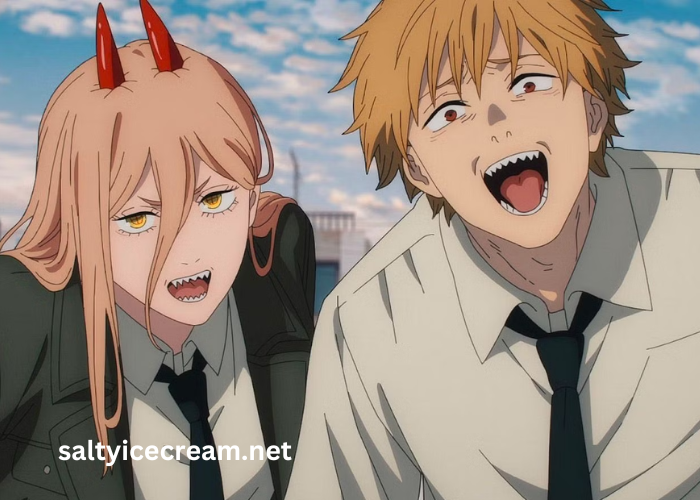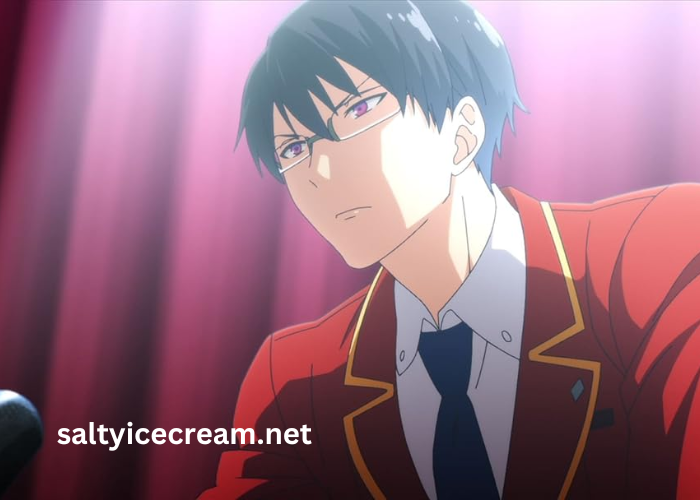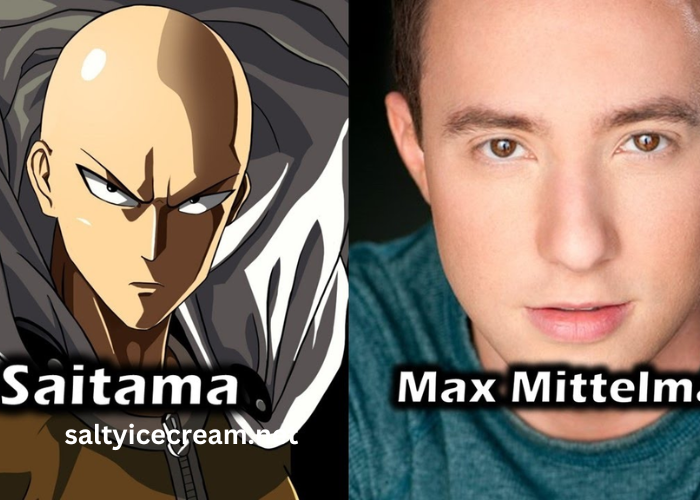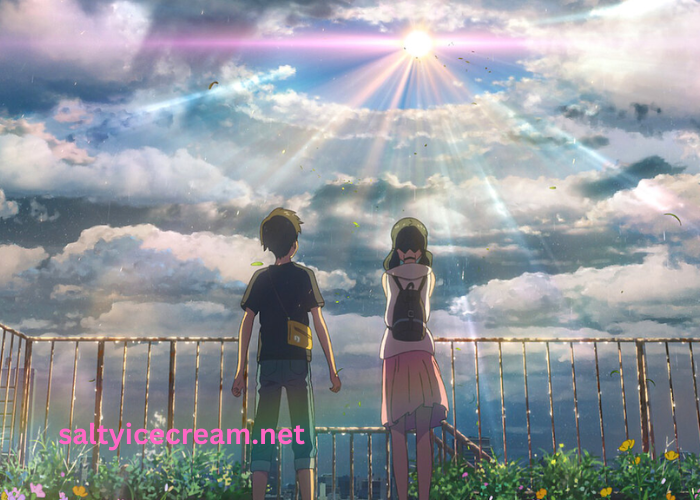“Chainsaw Man” is a manga and anime series that has taken the world by storm, captivating audiences with its unique blend of horror, action, and dark humor. At the heart of this chaotic narrative is Denji, the main character whose life takes a dramatic turn after merging with his pet devil, Pochita, to become Chainsaw Man. One of the questions fans often ask is, “How old is Denji?” Understanding Denji’s age is crucial to appreciating his journey, motivations, and the challenges he faces throughout the series. This article delves into Denji’s age, exploring its significance in the context of “Chainsaw Man” and how it shapes his character.
Denji’s Introduction: A Life of Poverty
Denji’s story begins in a world of poverty and desperation. Orphaned at a young age, Denji is forced to take on his father’s debt to the yakuza, leaving him with no choice but to work as a devil hunter to survive.
At the beginning of the series, Denji is just 16 years old, a fact that highlights the harsh realities of his life. His age emphasizes the burden he carries, as he is thrust into adulthood far too early, struggling to meet basic needs while dreaming of a better life.
Denji’s Relationship with Pochita: A Bond Beyond Age
Denji’s relationship with Pochita, his pet devil, is one of the most significant aspects of his early life. Pochita is not just a pet; he is Denji’s only friend and companion in a world that has been cruel to him.
Despite his young age, Denji forms a deep bond with Pochita, showing maturity beyond his years. This relationship is central to the series, as it leads to Denji’s transformation into Chainsaw Man. Pochita’s sacrifice to save Denji is a turning point in the story, marking the beginning of Denji’s new life as a hybrid devil.
The Transformation: Denji Becomes Chainsaw Man
At the age of 16, Denji’s life changes forever when he is betrayed and killed by the yakuza. Pochita merges with Denji’s body, reviving him as Chainsaw Man, a powerful hybrid devil. This transformation is significant not only for the series’ plot but also for Denji’s character development.
Despite his young age, Denji is thrust into a world of violence and power, forced to navigate the complexities of his new identity. His transformation marks the beginning of a journey that will see him confront powerful enemies, form new alliances, and grapple with the nature of his existence.
Denji’s Youth and Its Impact on His Dreams
Denji’s age plays a crucial role in shaping his dreams and desires. At 16, his aspirations are simple and relatable—he dreams of a normal life, one where he can eat good food, sleep in a warm bed, and perhaps even have a romantic relationship.
These dreams reflect his youth and the hardships he has endured, as he longs for the basic comforts that most people take for granted. Denji’s youthful innocence and naivety are central to his character, making his journey all the more poignant as he navigates the brutal world of devil hunting.
Denji’s First Encounter with Makima
Makima, a high-ranking Public Safety Devil Hunter, is one of the most influential figures in Denji’s life. When she first meets Denji, she immediately recognizes his potential and takes him under her wing. Despite her seemingly kind demeanor, Makima’s true intentions are shrouded in mystery.
Denji, at 16, is both captivated by and wary of Makima, who becomes a complex figure in his life. His age and inexperience make him vulnerable to manipulation, and his interactions with Makima play a significant role in his character development and the series’ overarching narrative.
Denji’s Age and His Relationships with Other Characters
Denji’s relationships with other characters in “Chainsaw Man” are heavily influenced by his age. As a 16-year-old, he is often treated as a younger brother or a protégé by older characters, such as Aki Hayakawa and Himeno.
These relationships are crucial to Denji’s growth, as they provide him with the guidance and support he lacks due to his tumultuous upbringing. However, his age also makes him susceptible to the influence of more experienced characters, leading to both positive and negative outcomes as he navigates his new life.
The Burden of Responsibility: Denji as a 16-Year-Old Devil Hunter
Despite his young age, Denji is thrust into the dangerous world of devil hunting, where he must confront terrifying creatures and powerful adversaries. The burden of responsibility on Denji’s shoulders is immense, as he is not only fighting for his survival but also for a better future.
His age highlights the tragedy of his situation, as he is forced to mature quickly and make life-or-death decisions that no teenager should have to face. This responsibility shapes Denji’s character, pushing him to develop skills and resilience far beyond his years.
Denji’s Naivety and Its Consequences
Denji’s age is closely tied to his naivety, which is a recurring theme in “Chainsaw Man.” His lack of experience and understanding of the world often leads to impulsive decisions and vulnerability to manipulation.
This naivety is both a strength and a weakness—while it makes Denji relatable and endearing, it also puts him in dangerous situations. The consequences of his naivety are a driving force in the narrative, leading to moments of intense conflict and character growth as Denji learns from his mistakes and experiences.
Denji’s Growth: From Youth to Maturity
As “Chainsaw Man” progresses, Denji’s character undergoes significant growth. Although he starts as a naive and inexperienced teenager, the challenges he faces force him to mature quickly. His age serves as a backdrop to this development, highlighting the stark contrast between the boy he was and the man he is becoming.
This growth is evident in Denji’s evolving relationships, his increasing awareness of the world around him, and his ability to make more calculated decisions. The journey from youth to maturity is a central theme in “Chainsaw Man,” with Denji’s age playing a key role in this transformation.
The Role of Age in Denji’s Character Development
Denji’s age is not just a number; it is a fundamental aspect of his character development. Being 16 years old in a world filled with violence and despair shapes his personality, dreams, and decisions. The series uses Denji’s age to explore themes of innocence, loss, and the harsh realities of life.
As Denji grows older throughout the series, his character development reflects the inevitable loss of innocence that comes with age and experience. This progression is essential to understanding Denji’s motivations and the choices he makes as he confronts increasingly complex challenges.
Denji’s Age Compared to Other Characters
In “Chainsaw Man,” Denji’s age sets him apart from many of the other characters, who are often older and more experienced. This age difference plays a significant role in the dynamics between Denji and other characters, particularly in terms of power and influence.
For example, characters like Aki and Makima, who are older, often take on mentoring roles, while Denji’s youthful energy and optimism contrast with their more jaded perspectives. The interactions between Denji and the older characters provide insight into the generational differences within the series and how these differences shape the narrative.
The Impact of Denji’s Age on His Mental and Emotional State
Denji’s age profoundly affects his mental and emotional state throughout “Chainsaw Man.” As a teenager, he is still in the process of developing his identity and understanding his place in the world. The traumatic experiences he faces at such a young age take a toll on his mental health, leading to moments of intense emotional turmoil.
Denji’s struggles with loneliness, fear, and the desire for love and acceptance are amplified by his youth, making his journey a poignant exploration of the challenges that come with growing up in a harsh and unforgiving world.
The Symbolism of Denji’s Age in “Chainsaw Man”
Denji’s age in “Chainsaw Man” is symbolic of the broader themes of the series, particularly the loss of innocence and the harsh realities of life. At 16, Denji is at the cusp of adulthood, a time traditionally associated with hope and the promise of the future.
However, his experiences in the world of devils and devil hunters shatter this hope, forcing him to confront the brutal truth of his existence. Denji’s age serves as a symbol of the transition from the idealism of youth to the sobering reality of adulthood, a central theme in “Chainsaw Man.”
Fan Theories and Speculations About Denji’s Age
Denji’s age has been a topic of much discussion and speculation among “Chainsaw Man” fans. Some fans have theorized that Denji’s age may hold deeper significance within the narrative, potentially foreshadowing future events or character developments.
Others speculate about how Denji’s age might influence the series’ ending or his ultimate fate. These theories highlight the importance of age as a narrative device in “Chainsaw Man,” as fans continue to explore its implications and how it might shape the series’ direction.
Conclusion
Denji’s age is a crucial element in understanding his character and the story of “Chainsaw Man.” At 16 years old, Denji is thrust into a world of violence, power, and complex moral dilemmas, all while grappling with the challenges of growing up. His youth shapes his dreams, decisions, and relationships, making his journey one of both external battles and internal growth.
As the series progresses, Denji’s age continues to play a significant role in his development, symbolizing the transition from innocence to experience and the harsh realities of life. Whether as a symbol, a narrative device, or a reflection of real-world struggles, Denji’s age is integral to the story of “Chainsaw Man,” providing depth and resonance to his character and the series as a whole.



